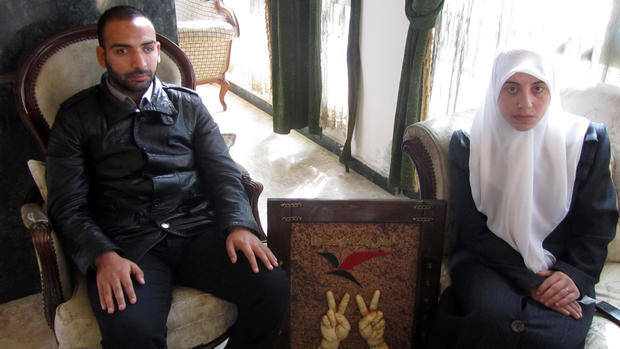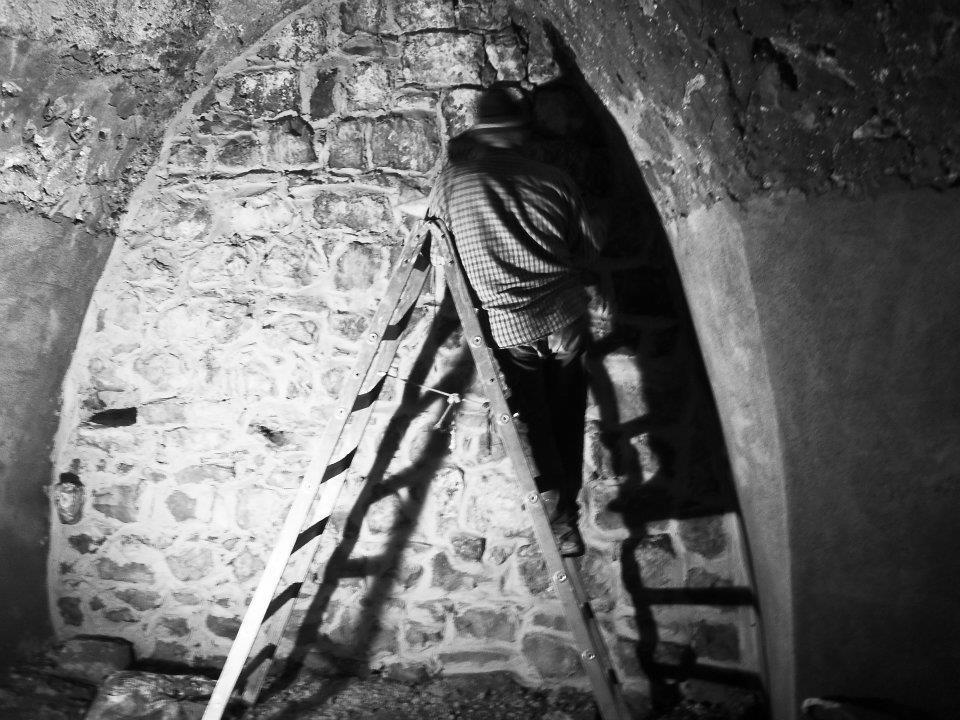Tag: Nablus
-
West Bank couple, deported to Gaza, recount difficult years in Israeli prison
by Joe Catron 30 January 2012 | The Electronic Intifada “This is the life of Palestinian people,” Obada Saed Bilal said one recent morning. “If I hadn’t been detained, I would have been wounded or martyred. I was in detention for over nine years, but I still resist. My marriage and university studies are my…
-
Call for urgent financial support for youth center in Burin near Nablus
by Lydia 12 January 2012 | Burin: Land of Love and Resistance As some of you may know, I have spent the past half-year in and close to the village of Burin in the Nablus area. Those who have visited this beautiful village know that Burin is situated between two settlement. It is also surrounded…
-
Demanding release of Yousef Abdul Haq, lawyer
28 December 2011 | Palestinian Cultural Enlightenment Forum The lawyer Yousef Abdul Haq (Abu Shaddad), professor at the An Najah National University, and coordinator, former President of the Governing Council of the Tanweer Forum, was arrested Wednesday 7/12/2011 at three o’clock in the morning. We in the Palestinian Cultural Enlightenment Forum consider the continued detention…



